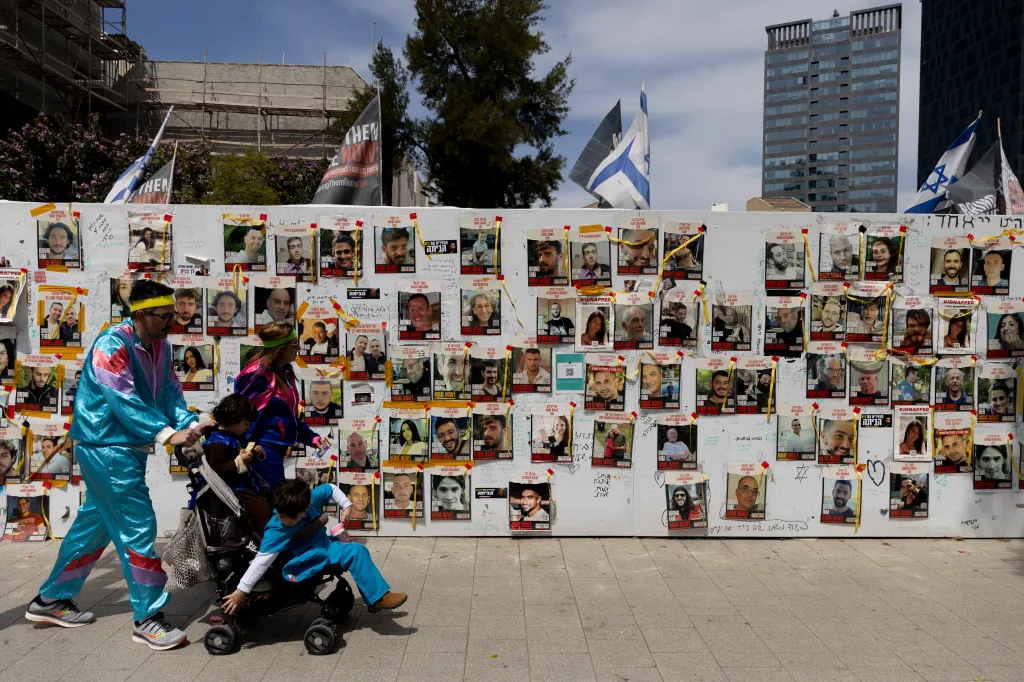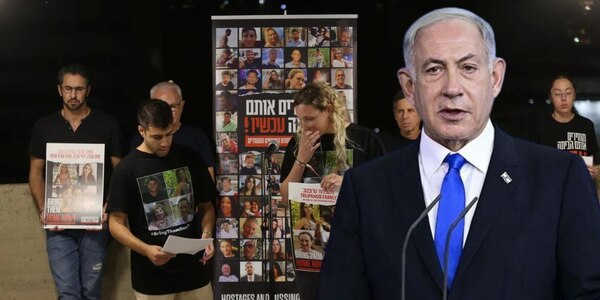Israel has proposed the release of approximately 800 Palestinian prisoners, including 100 convicted murderers, in exchange for the return of 40 Israeli hostages held by Hamas in Gaza since the October 7 massacre.
The New York Post reported this development on Sunday, following a bridging proposal by US negotiators aimed at determining the ratio of prisoners to be freed in a potential truce agreement with Hamas. It remains uncertain whether the proposal originated from American negotiators, but Hamas is expected to take several days to consider the offer.
Senior Hamas official Sami Abu Zuhri emphasized that any agreement accepted by the group must include conditions for ending the ongoing conflict. Abu Zuhri expressed concerns that releasing captives without a commitment to halt hostilities could lead to a resurgence of violence, underscoring Hamas’s stance on the matter. His remarks, reported by Reuters, suggest that Hamas is cautious about entering into a deal that does not address broader issues of conflict resolution.

Israel Might Release 100 Murderers Among 800 Palestinian Prisoners in Exchange for Gaza Hostage Release (Credits: New York Post)
In addition to the prisoner exchange, Israel has signaled a willingness to permit Palestinian refugees to return to the northern portion of the Gaza Strip, as reported by local outlets. This aspect of the proposal introduces another dimension to the negotiations, potentially impacting the demographics and stability of the region.
The inclusion of refugee return in the discussions highlights the complexity of the Israeli-Palestinian conflict and the multifaceted nature of potential solutions.
Should the proposed deal materialize, approximately 90 hostages would still remain in captivity in Gaza. This indicates that while progress may be made toward resolving the immediate crisis, significant challenges and unresolved issues persist. The fate of those hostages left behind underscores the ongoing humanitarian and security concerns facing the region, underscoring the urgency of reaching a comprehensive and lasting agreement that addresses the root causes of the conflict.
























